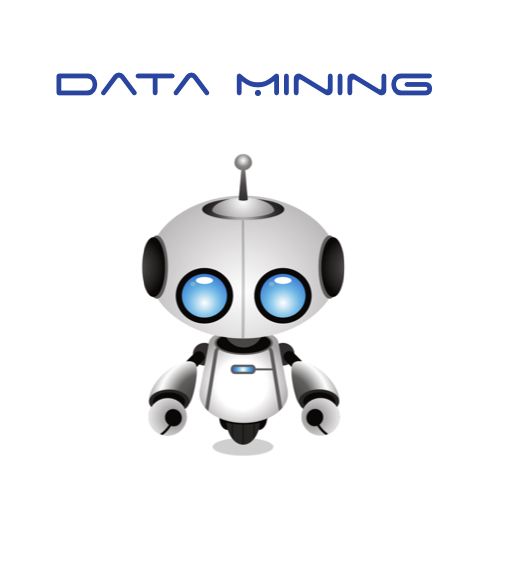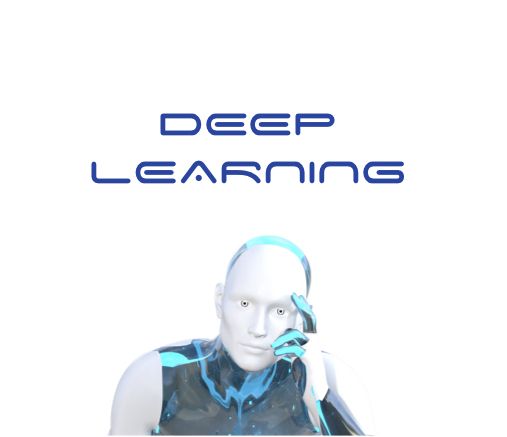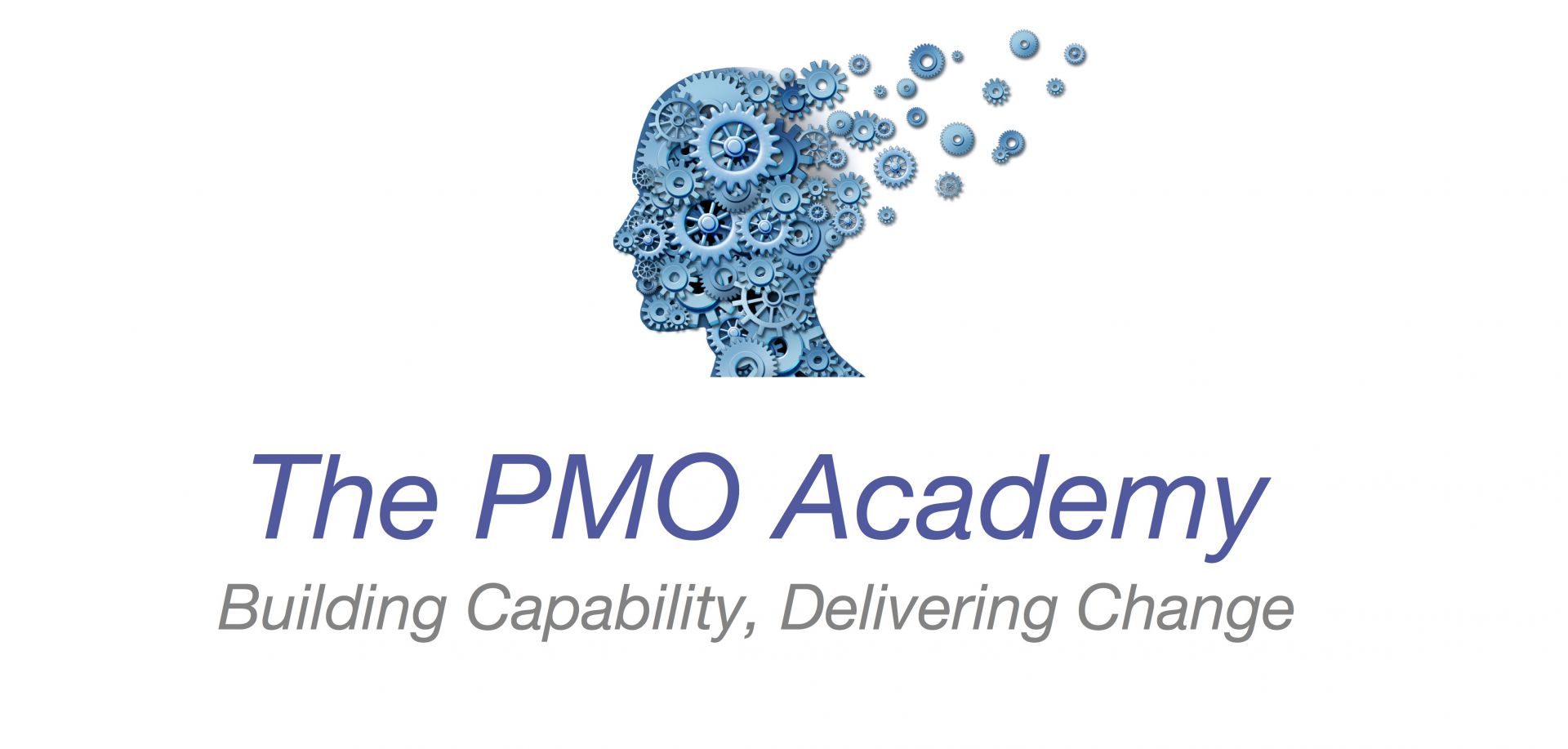
At the simplest level, AI is about task automation - or Robotic Process Automation (RPA). This is the kind of thing you can do with macros today, but with RPA you can automate processes on a much larger scale. For example, you could automate alerts for overdue tasks, rather than sending out individual emails to team members. You could do the same with following up open actions, or risks & issues.
A key area where the PMO could leverage RPA is in report generation. At the moment, PMO's spend many hours - sometimes days! - consolidating data from project managers into powerpoint slides for executive reports. With RPA, all that data could be extracted and consolidated automatically, leaving the PMO free to focus on analysing the data rather than simply making it look good.
A key area where the PMO could leverage RPA is in report generation. At the moment, PMO's spend many hours - sometimes days! - consolidating data from project managers into powerpoint slides for executive reports. With RPA, all that data could be extracted and consolidated automatically, leaving the PMO free to focus on analysing the data rather than simply making it look good.

If we step up a level, AI allows us to make more intelligence use of data - and allows us to interrogate much larger data sets. So the PMO can really start to add value by producing analytics around project risk, based on either internal project data, or by accessing large commercial databases containing thousands of projects. These "Massive Project Metrics" also create the ability to analyse delivery predictability by comparing the features and attributes of successful projects and applying this logic to planned projects - meaning that organisations can focus on the projects with the best chance of success.

Deep Learning Engines (DLE) also known as "Deep Neural Networks" is a branch of AI based on how humans process information, and how we make deductions and decisions based on that data. So like humans, DLE's can make sense of unstructured data, and it is self learning.
Think about all those post implementation review documents that no-one ever reads (!) - a DLE can analyse those reports and "deduce" what behaviours and decisions were effective on a project, and use that information to help project managers set up their projects successfully.
And here’s a very interesting application of AI in Stakeholder management. I was reading a paper by a PMI India leader, called Amit Johnson Babu – well worth a read – and he talks about using sentimental analysis algorithms !! to understand what our stakeholders are really thinking!
Think about all those post implementation review documents that no-one ever reads (!) - a DLE can analyse those reports and "deduce" what behaviours and decisions were effective on a project, and use that information to help project managers set up their projects successfully.
And here’s a very interesting application of AI in Stakeholder management. I was reading a paper by a PMI India leader, called Amit Johnson Babu – well worth a read – and he talks about using sentimental analysis algorithms !! to understand what our stakeholders are really thinking!
So what practical AI tools can we use today? Existing tools vendors are starting to leverage AI type applications to enhance their offerings (think Jira). Otherwise the market is being led by small start ups like Stratejos for task notification & follow up – and Aptage for burndown/progress analysis & risk assessment – who interestingly have recently been bought by PlanView. And I think that’s where we’ll start to see some innovative AI applications coming on stream, as big players acquire the innovators and start to provide the scalability we need in large organisations

I believe AI has a big part to play in the future of the PMO - if we can prove there is a business benefit. And PMO leaders will need to develop new skills:
- enhanced data literacy skills - understanding what the data is telling us
- critical thinking & reasoning skills - going beyond the status reports to predict delivery success
- data visualisation - making complex data easy to understand for a wide variety of stakeholders
All of this balanced with business efficacy. We must continually ask ourselves "am I interested in this because it is new or because it is potentially valuable to the business?"
To get the best out of emerging AI technology, take action now. As a priority, I would urge you to improve your data quality, so that you have a firm foundation for subsequent analysis. Research the technology available and how it might work for you - think about how and why AI might be beneficial to the business. Pick a real problem to solve - and start experimenting!

